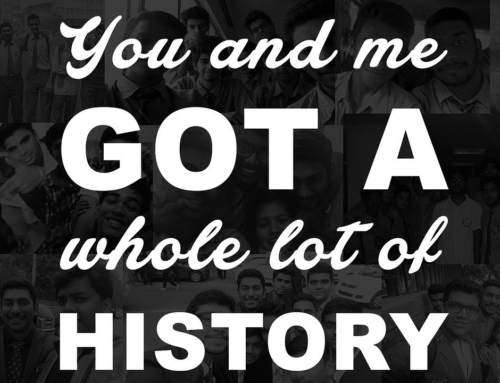This article explains three ways to build a winning workplace through respectful workplace training. Fiore Group Training is a recognized leader in improving workplace environments with effective bullying and harassment training. If you are interested in learning more about implementing harassment prevention training or workplace violence prevention training in your organization, please read on.
The workplace culture in leading organizations has much in common with winning sports teams. This is what I realized recently when it was my birthday and my eldest son, Matt, took me out to dinner at the pub.
My son Matt loves basketball and we chatted about the playoffs, particularly how Cleveland, headed by Lebron James, swept their playoff series against the Toronto Raptors. He then shared his thoughts on how the game has changed over the years the skills that a player needs today are different from what was needed in the previous generation.
LeBron James is a once in a generation player and although there are many other great athletes on the team, if it was full of superstars, they would probably not do so well. Egos would get in the way if everyone wanted to be the most important player on the court— it would get pretty ugly. As a result, there would be no cohesiveness or fluidity to the movement between players.
The teams that consistently do well definitely have one or two stars, but the rest of the team is still made up of incredibly important players. These key contributors give the team a greater chance of making it to the championships.
Key contributors are those players that don’t stand out necessarily, but work hard every day, understanding that their role is to provide the glue that keeps the team working together and performing at its best. Most often, humility is their most important quality.
Key contributors also know their strengths and limitations. They understand how they fit in to the team, as well as the impact their presence has on others — and so do their coaches.
So now that I’ve made a basketball fan out of you, let’s translate this analogy into our workplace culture.
My experience with the most effective workplace environments are those where the managers (the coaches) understand the differences between the various people (the players) that work there.
These managers have spent time getting to know their team and the different personalities that exist. They can change their style when interacting with each person, since one style does not fit all when you are dealing with human beings.
But just as with a previous generation of basketball players and those on the court today, skills and abilities that were lauded in that bygone era are less useful now.
In today’s workplaces, the rules have changed and just as in basketball, there are different skill sets that workers need to have to be successful.
Yes, technical ability is definitely useful, but emotional intelligence is critical.
After all, emotional intelligence is all about a person’s ability to understand their strengths, limitations, and how they need to act and manage themselves in order to fit in with others and increase their chances of success.
As a manager, wouldn’t it be awesome if you had a team full of key contributors who showed up at work that way each day?
The good news is that we can actually learn to improve our level of emotional intelligence, therefore improving the impact we have on those around us.
Managers must also have the ability to coach and mentor their team so that teammates understand the impact their behaviour (both positive and negative) has on others—and are spreading respectful conduct.
In fact, it’s every manager’s responsibility!
Within the legislation that exists here in British Columbia regarding Bullying and Harassment in the Workplace, Section 117(1) of the Workers Compensation Act states that Supervisors have a legal responsibility to coach employees to make positive changes to their behaviour.
One of the reasons that we developed our SONAR Leadership workshop was to deal with that very issue. Many clients have contacted us because supervisors do not have the skills or understanding to provide that respectful coaching to their staff.
Our brand new Good Neighbours Guidelines provides organizations and individuals with a roadmap of how to show up in a positive and respectful way in the workplace.
Oftentimes, the root cause of a bullying or harassment situation within a workplace is a result of staff not understanding how their behaviour impacts those around them. Additionally, they most often have little guidance by their manager on how to improve performance.
If you had a player out on the court who was constantly disrespecting his or her teammates, do you really think the coach would simply stand on the sidelines, shoulders shrugged, and say, “That’s just the way that player is?”
I don’t think so.
The takeaway is to pay attention to the sort of players that you have on your team at work.
Here are some important questions and you are responsible for finding the answers within your organization.
How do team members get along with each other? Do they play nicely together? How do they resolve issues when they arise? Has a teammate spread toxicity, resulting in a culture of bullying and harassment? Who are your key contributors?
Remember, not every great player is able to turn themselves into a great coach.
On the other hand, not every great coach was a great player.
Get to know your strengths and limitations…get to know your team.
Phil Eastwood is a former London Bobby who brings a thirty-five year career in policing to his role as Senior Partner of Fiore Group Training. Phil is lead author of workplace training courses in respectful workplace training, workplace violence employee training, and leadership training seminars. Fiore Group Training is a recognized leader in training top North American organizations.







Leave A Comment